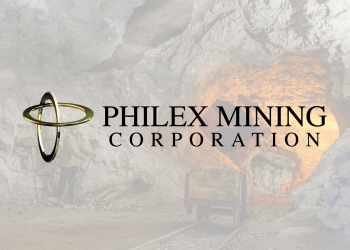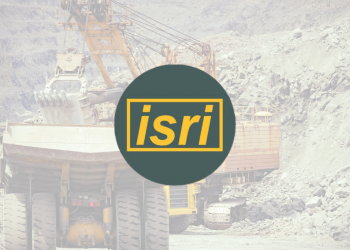If mining corporations have to abide by the seven commandments on responsible mining — the rules they should observe to not only promote responsible mining but to also fulfill their corporate social responsibility to the people, the community, and the environment — the government also needs to do its part to not only ensure the protection and the rehabilitation of the environment but to also keep the mining operations in the country in check. Here’s everything you need to know about the laws on responsible mining in the Philippines.
The Republic Act no. 7942 or the “Philippine Mining Act of 1995” is the principal law that mining corporations must adhere to. Mining contractors are mandated to institute an environmental protection beyond the life of the mine. Other environmental laws that apply include:
Toxic Substance and Hazardous and Nuclear Wastes Control Act of 1990
A recent report showed that at least five bodies of water in Luzon and Mindanao were identified as having high levels of mercury suspected to come from artisanal and small-scale gold-mining sites within the area.
The Republic Act no. 6969 or known as the “Toxic Substance and Hazardous and Nuclear Wastes Control Act of 1990” states the obligation of the state to monitor and regulate the importation, manufacture, processing, sale, distribution, use, and disposal of hazardous substances and mixtures that poses great risks not only to the health of the people but also to the environment.
The Ecological Waste Coalition of the Philippines (EcoWaste Coalition), a public interest network of institutions, is one of the many organizations in the country that is pushing for the eradication of mercury-added products to not only promote the rehabilitation and the protection of the contaminated areas but to also protect the people from its adverse effects to their health.
Philippine Clean Air Act of 1990
“Polluters must pay” is the basic principle of the Republic Act no. 8749 or the “Philippine Clean Air Act of 1990.” It states the mandate of the government to protect and advance the basic right of the people to a balanced and healthful ecology all the while monitoring the measures local government units do to not only promote sustainable development but to also push forth the protection, preservation, and rehabilitation of the area-based environment.
The Mines and Geosciences Bureau (MGB) has been actively forwarding various campaigns and regulations that aim to strengthen the call for responsible mining by holding mining corporations responsible and accountable for the environmental damages caused by the operations.
In a recent report, MGB urged mining firms, particularly nickel mines, not only to compensate for the damages caused by the operations but also to rehabilitate the mine-sites and the environment within the vicinity.
Philippine Clean Water Act of 2004
One of the pressing issues in the Philippines was the red soil pollution in Sta. Cruz, Zambales. According to a report, the coastal waters were heavily polluted with nickel laterite due to polluting practices of several mining companies operating in the area; because of this, the municipality lost half a billion pesos worth of food, rice, mango, and fish production
Just like the previous provisions, the Republic Act no. 9275, or the “Philippine Clean Water Act of 2004,” outlines the government’s obligation to not only protect, preserve and rehabilitate the country’s marine waters but to also strategize mechanisms to further ensure the preservation of the marine ecology.
The government agencies responsible for the monitoring of the compliance of mining corporations to these laws are the Department of Environment and Natural Resources (DENR), the MGB, and the Environmental Management Bureau (EMB). These agencies, alongside various pro-environment and pro-mining associations, continue the call for stricter mining policies implementation, accountability, and responsibility.
The adherence of mining corporations to these regulations is in fulfillment of their corporate social responsibility to the people, the community, and the environment. Likewise, the government’s firm implementation and monitoring of these firms’ adherence is in fulfillment of their mandate to the people and the country.
The advocacy for responsible mining does not only depend on one group’s effort but of the community as a whole – that is, the mining corporations, the government, and the people should work together to not only promote and strengthen the call for accountability and responsible mining but to also fulfill our general responsibility of protecting and preserving the environment.
Source:












